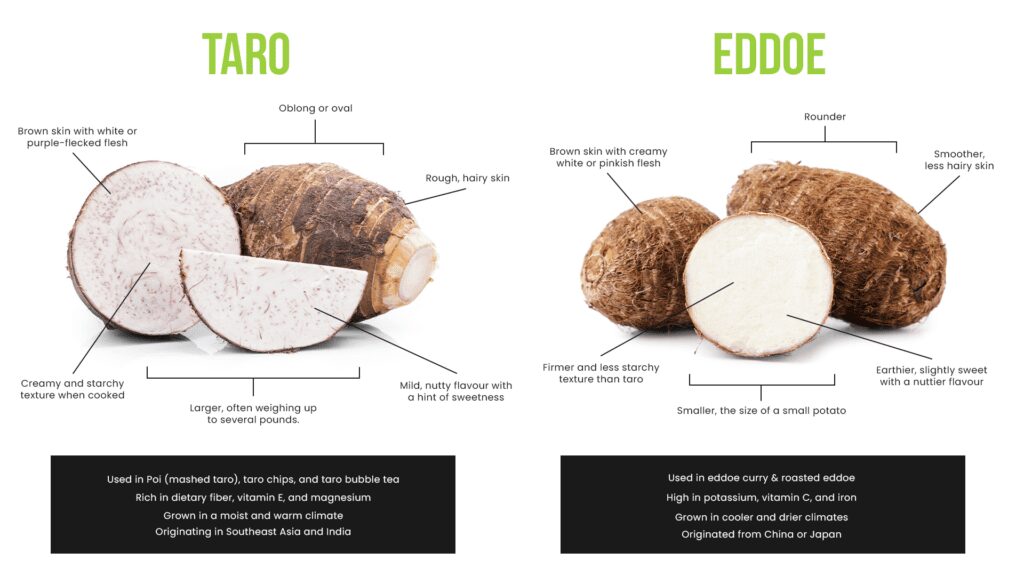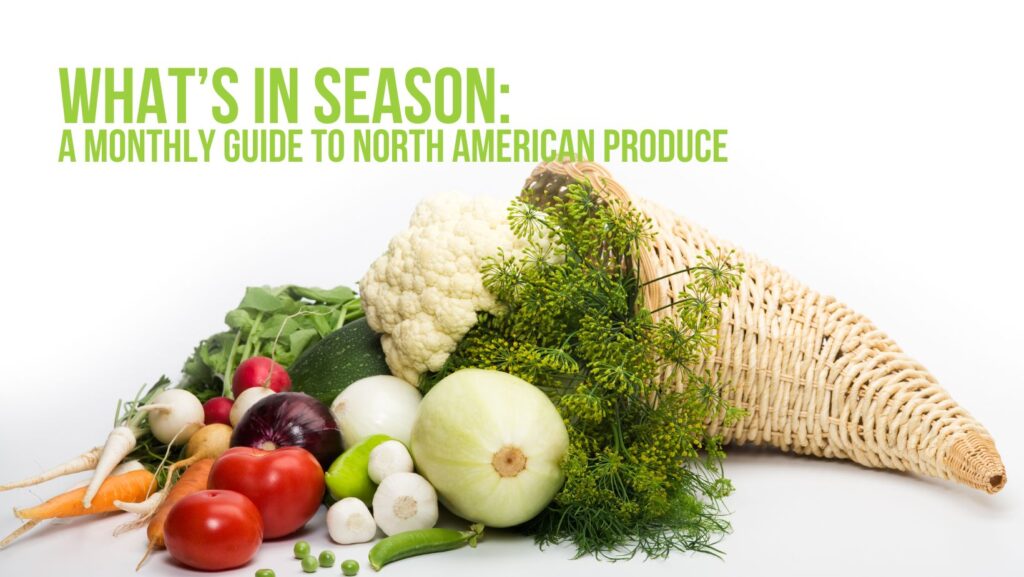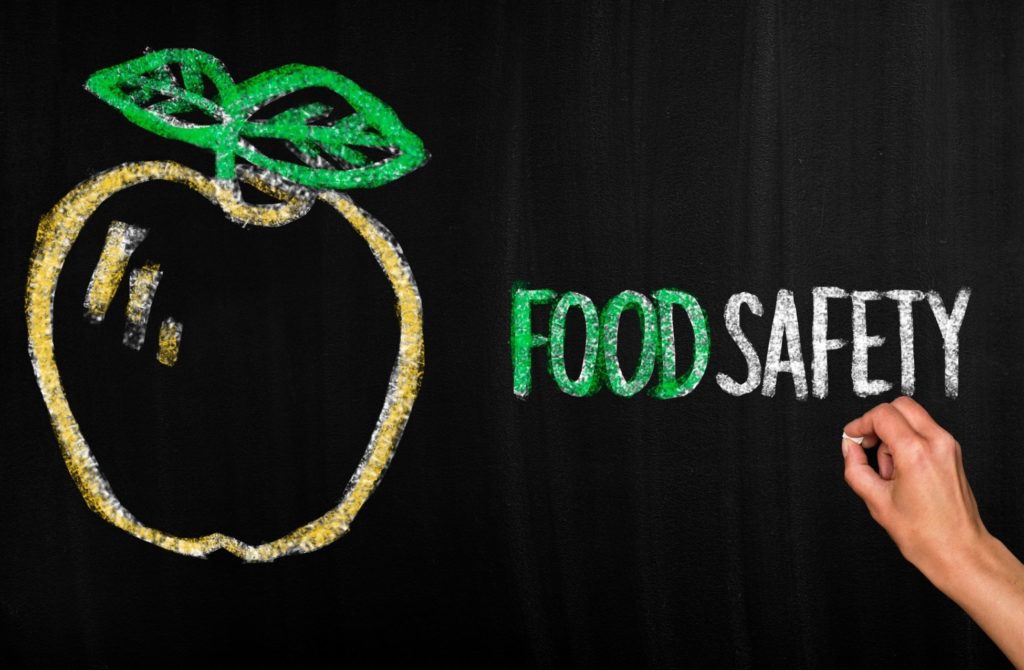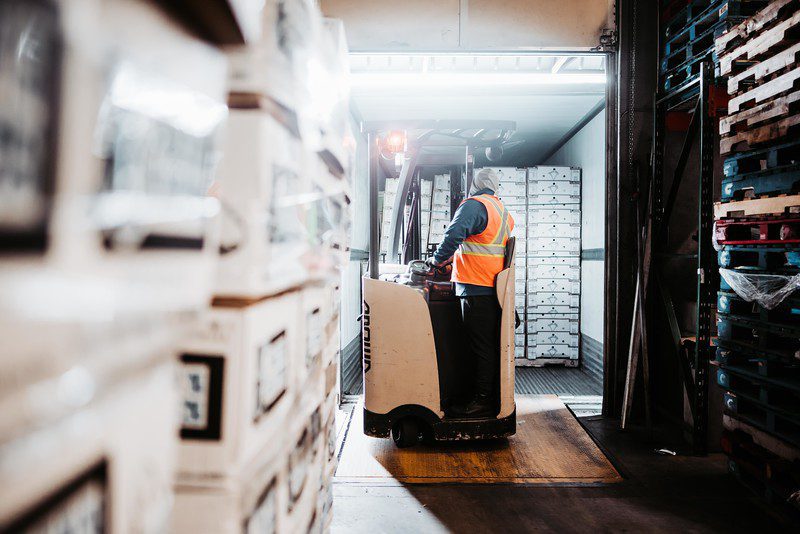Autumn is a season of transition, of harvesting and preparing for the colder months. As leaves turn golden, there’s another golden trend sweeping dining tables and kitchen counters: fermentation. For produce suppliers like City Wide Produce, understanding this trend is crucial. After all, the shift in consumer behavior could shape the industry in the months to come.
Why Fermentation?
Before delving into why fermentation has caught the fancy of many, it’s essential to understand its essence. Fermentation is a process through which natural bacteria feed on the sugar and starch in the food, resulting in the creation of lactic acid. This process preserves the food and creates beneficial enzymes, b-vitamins, and probiotics.
Moreover, fermentation is more than just about preservation. It transforms the taste, giving an exciting twist to otherwise regular produce. Given the current rise of health consciousness, the benefits of fermented foods — from improved gut health to better digestion — are making consumers more inclined to include them in their diets.
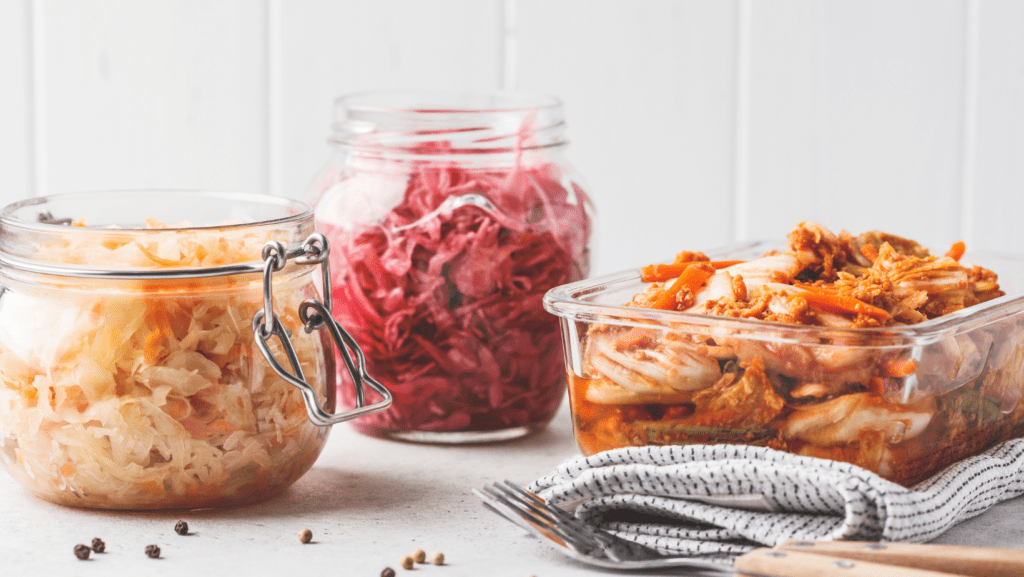
Fermentation and Autumn – A Perfect Match
Autumn is a time of bounty. Fresh produce floods the markets, ripe and vibrant. But with the sheer volume, comes the question: how to make it last? This is where fermentation ties in beautifully. By fermenting seasonal produce, not only do consumers get to relish their favorite fruits and vegetables longer, but they also enrich their meals with an added layer of flavor and nutrition.
For instance, cabbage — abundant in autumn — can be transformed into sauerkraut or kimchi. Napa cabbage, with its softer leaves, lends itself beautifully to a traditional Korean Kimchi, offering a spicy, tangy treat that can elevate any meal.
Carrots and cauliflower, when pickled, can be a crunchy, delightful addition to salads or as sides. Their inherent sweetness when juxtaposed with the tanginess of the fermenting process results in a taste profile that’s hard to resist.
Citrus fruits like limes and oranges, which are packed with vitamin C, can be transformed through fermentation into delightful flavoring agents, adding zing to dishes or even drinks.
And let’s not forget strawberries. Imagine having a hint of strawberry in the middle of winter — fermented strawberries can be used in desserts or smoothies, reminding one of the warmth of the gone summer.
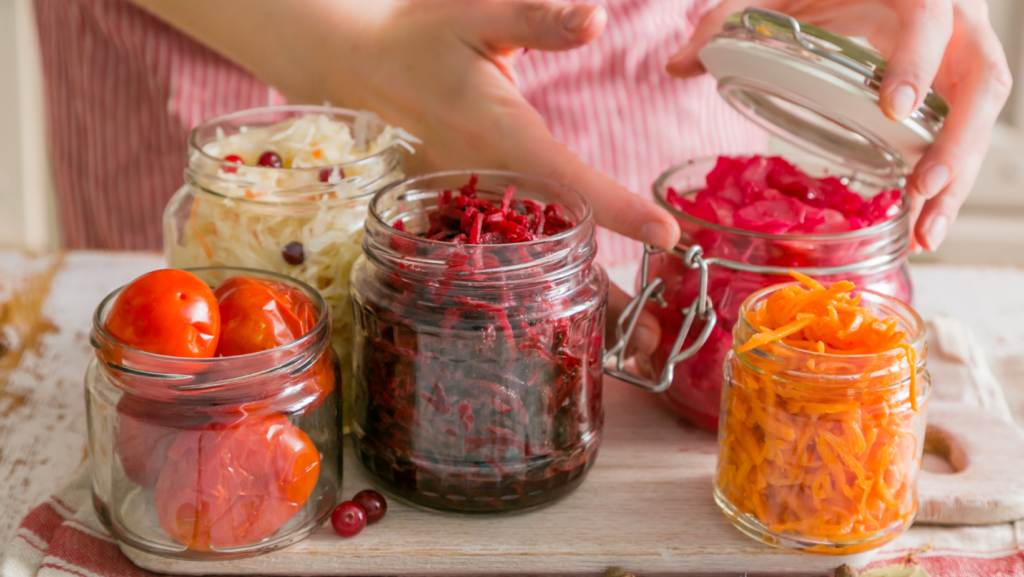
Why Should Produce Suppliers Pay Attention?
There’s a ripple effect here. With the rising trend of fermentation, there’s an increased demand for fresh, quality produce. Consumers are now looking to buy in bulk, particularly during autumn, to prepare for the fall and winter months.
Grocers and wholesale sellers should anticipate this demand. Offering bulk-buy deals or promotions can incentivize consumers to buy more. Additionally, ensuring that the produce is fresh and of top quality is crucial since fermentation is a delicate process, and the quality of the end product is heavily reliant on the ingredients.
Further, suppliers could consider partnering with fermentation enthusiasts or even hosting workshops. Imagine a scenario where a consumer can buy their produce and get tips on fermenting them — a win-win for both.
Conclusion
For generations, fermentation has been a trusted method to preserve and enhance food. But its resurgence now, especially in the fall, has a dual significance. It underscores a return to organic, natural methods of food consumption, and highlights the increasing importance of health and wellness in dietary choices.
For businesses like City Wide Produce, this isn’t merely a trend to note. It’s an opportunity. By aligning their offerings with the needs of the consumers — who are looking for fresh, quality produce in bulk — they can ensure that they are at the forefront of this movement.


